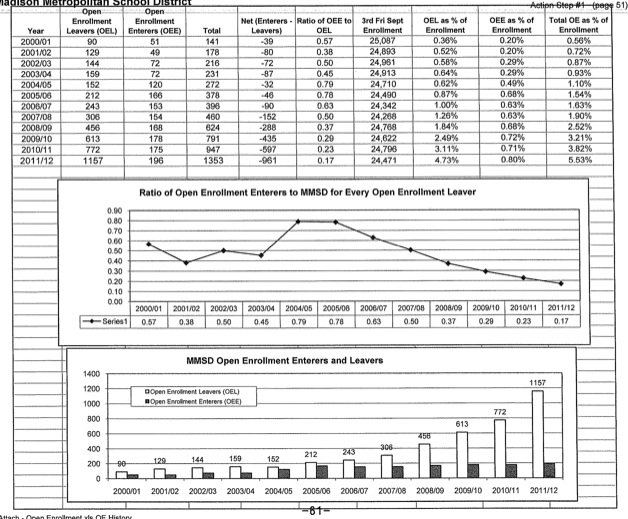Closing arguments in the case challenging the Douglas County School District’s voucher program ended three days of hearings that could halt the program in its infancy.
A standing-room-only crowd listened in Denver District Court while a legal team from the American Civil Liberties Union faced off against a team that included the Colorado Attorney General’s Office to decide the fate of the district’s school choice scholarship program.
Both sides agreed that any decision from Denver District Court Judge Michael Martinez will likely face an appeal, regardless of the ruling.
“There will be an appeal either way,” said Michael McCarthy, a plaintiff attorney representing the Taxpayers for Public Education. “What (the school district has) done is press the envelope as far as they can. For those interested in preserving public education in this state, they have got in their face as far as they can.”
More from the Wall Street Journal: Wall Street Journal:
In a bold bid to revamp public education, a suburban district south of Denver has begun handing out vouchers that use public money to help its largely affluent residents send their children to private and church-based schools. The Douglas County School District experiment is noteworthy because nearly all voucher programs nationally aim to help children who are poor, have special needs or are trapped in failing public schools. Douglas County, by contrast, is one of the most affluent in the U.S., with household income nearly double the national median, and has schools ranked among the best in Colorado. What do you think? Should vouchers only be used with lower-income students? Should they never be used? Do they violate the constitution?
One answer comes from Ivan Krastev, a Bulgarian political scientist. One of Mr. Krastev’s special interests is in the resilience of authoritarian regimes in the 21st century. To understand why they endure, Mr. Krastev has turned to the thinking of the economist Albert O. Hirschman, who was born in Berlin in 1915 and eventually became one of America’s seminal thinkers.
In 1970, while at Harvard, Mr. Hirschman wrote an influential meditation on how people respond to the decline of firms, organizations and states. He concluded that there are two options: exit — stop shopping at the store, quit your job, leave your country; and voice — speak to the manager, complain to your boss, or join the political opposition.
For Mr. Krastev, this idea — the trade-off between exit and voice — is the key to understanding what he describes as the “perverse” stability of Vladimir V. Putin’s Russia. For all the prime minister’s bare-chested public displays of machismo, his version of authoritarianism, in Mr. Krastev’s view, is “vegetarian.”
“It is fair to say that most Russians today are freer than in any other period of their history,” he wrote in an essay published this spring. But Mr. Krastev argues that it is precisely this “user-friendly” character of Mr. Putin’s authoritarianism that makes Russia stable. That is because Russia’s relatively porous dictatorship effectively encourages those people who dislike the regime most, and have the most capacity to resist it, to leave the country. They choose exit rather than voice, and the result is the death of political opposition: “Leaving the country in which they live is easier than reforming it.”
Related:
Madison School District May, 2011 Strategic Plan Update with Action Plans 1.8MB PDF